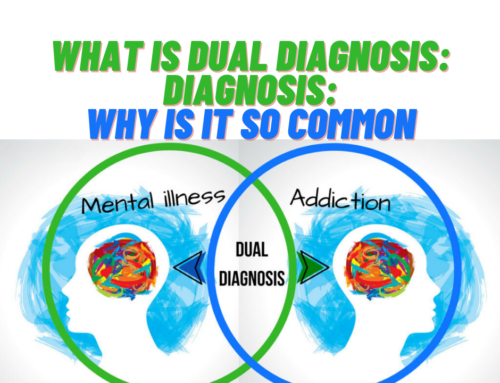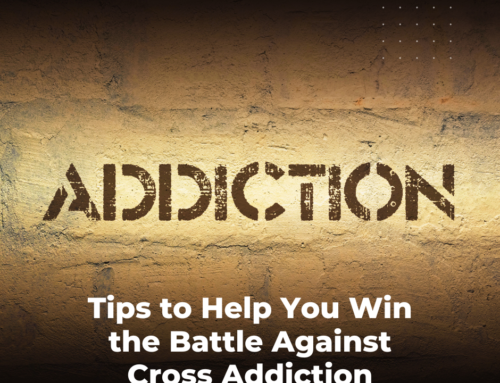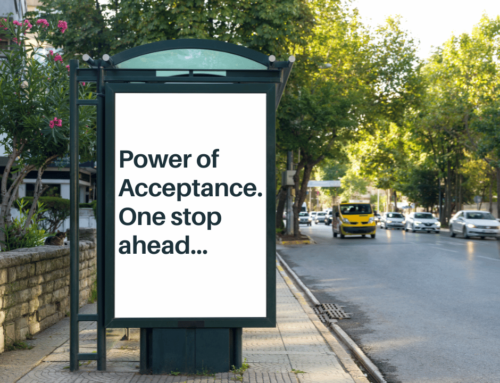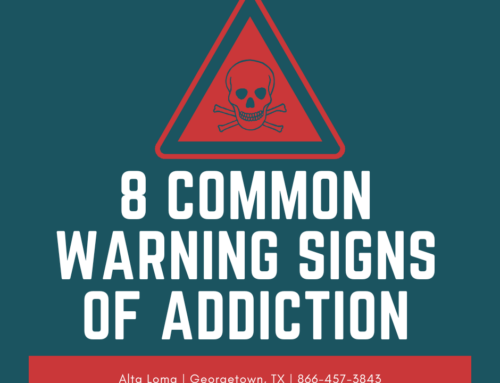There’s nothing more refreshing than a good night’s sleep, but many of us have trouble getting the rest we need. According to Science Daily, one in four Americans suffer from insomnia. The University of Michigan Institute for Healthcare Policy & Innovation has found that one in three adults take medication to help them get to sleep.
For some, that assistance may bring rise to other issues caused by drug and alcohol interactions. This is true for people who struggle with alcoholism who also may take Ambien.
Ambien
Ambien is a powerful medication used for sleeping problems. The drug acts like a sedative on the central nervous system slowing down brain activity and allowing a person to fall asleep. Ambien’s effects on the mind and body are similar to those of alcohol. The combined depressant effects can slow heart rate and breathing to the point of stopping altogether.
Ambien Mixed with Alcohol
Ambien can make you drowsy just like alcohol can. The depressant effects are exacerbated when mixed alcohol with overdose and death more likely. Withdrawal symptoms are also dramatic. You could experience dizziness, delirium, drowsiness, loss of consciousness, falling down, and slurred speech.
The Addictive Qualities of Ambien
The use of Ambien can be habit-forming and addictive. People who drink frequently, those in addiction recovery, or those with a history of substance abuse need to be careful around sleep aid medication like Ambien. The use of the medication can introduce a secondary dependence and withdrawal. People with other addictions experience sleeplessness during withdrawal. Taking a sleeping aid, such as Ambien, to treat insomnia can inadvertently cause serious health complications and additional substance dependence.
A Safer Way to Manage Sleep Problems
Healthy methods of getting to sleep are normally taught as part of your addiction treatment plan since sleep problems are common for those with addiction. It is important to stay away from triggering medications or addicting prescriptions in order to be happy and healthy. Instead, try exercising regularly, avoiding bright screens and eating three hours before sleep, creating a consistent sleep schedule, and using relaxation techniques to calm your body and mind.
What Happens If You Are Addicted to Ambien?
If you are addicted to Ambien or have developed withdrawal symptoms as a result of taking the medication, speak to a doctor or an addiction specialist. They can help you to carefully manage the side effects you experience and teach you other tactics for getting a good night’s sleep. If you have a substance abuse disorder, do not bring another addictive substance into the mix. By doing something about your Ambien and alcoholism, you are saving yourself from potentially deadly consequences.
Coping with multiple-substance addiction is frightening and complex. Alta Loma Transformational Living can help you navigate the choppy waters of multiple addictions and find a path to a healthy and fulfilling life. Our all male program specializes in helping men with co-occurring mental health and substance use disorders achieve the emotional and psychological stability that will allow them to focus on sustainable, long-term recovery. You are a unique individual, and your recovery plan needs to fit your unique needs. Alta Loma’s team of experienced professionals will help you build a strategy that will build your confidence and coping skills. Located just north of Austin in Georgetown, Texas, Alta Loma uses an integrative and holistic approach to treat addiction and mental health issues. We offer care for your mind, body, and spirit so you can heal from the inside out. If you are ready to build a comprehensive plan for your recovery, call us at (866) 457-3843.



